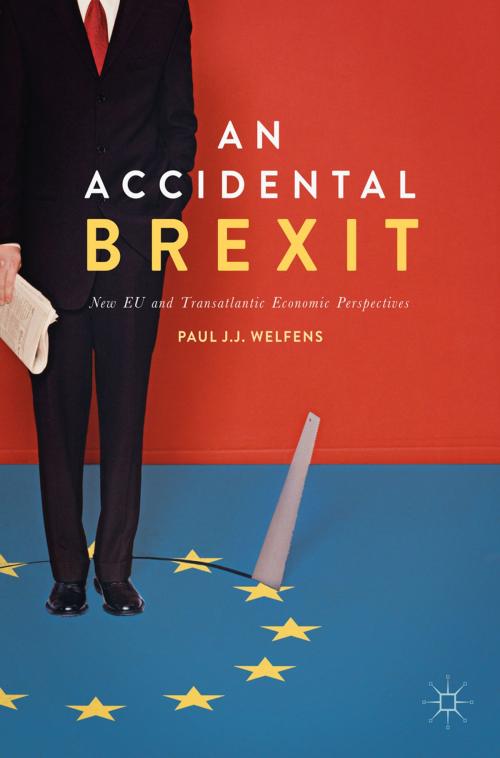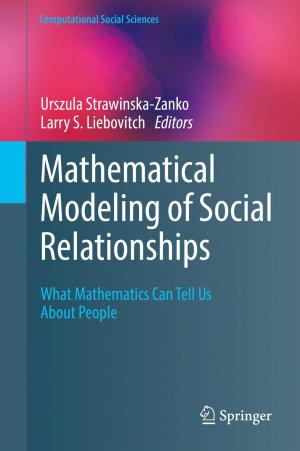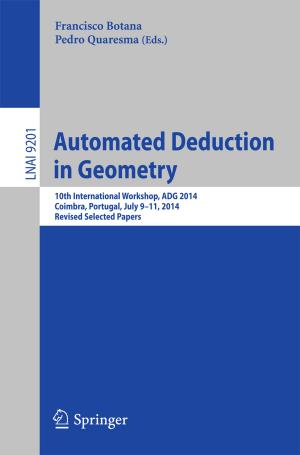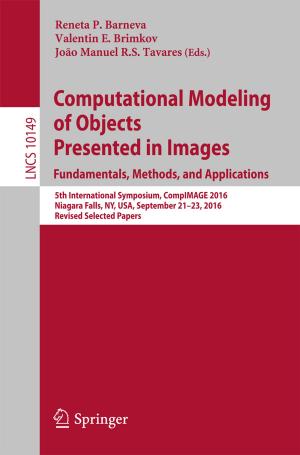An Accidental Brexit
New EU and Transatlantic Economic Perspectives
Nonfiction, Social & Cultural Studies, Political Science, Politics, Economic Conditions, Health & Well Being, Self Help, Business & Finance| Author: | Paul J.J. Welfens | ISBN: | 9783319582719 |
| Publisher: | Springer International Publishing | Publication: | August 31, 2017 |
| Imprint: | Palgrave Macmillan | Language: | English |
| Author: | Paul J.J. Welfens |
| ISBN: | 9783319582719 |
| Publisher: | Springer International Publishing |
| Publication: | August 31, 2017 |
| Imprint: | Palgrave Macmillan |
| Language: | English |
This book analyzes how the EU referendum in the United Kingdom came to pass and what the foreseeable consequences are for the UK, Europe, US and world economy. The Brexit decision represents a momentous event for Europe, which weakens the EU and shifts the global balance of power. Welfens argues the EU has lost its appeal and is not in keeping with the twenty-first century, which is being shaped by Asia and digital innovations. The subject of immigration from EU countries played a key role in the Brexit decision, with an anti-EU campaign that was profoundly biased. The estimated impact of the referendum was deeply distorted by the broadly inadequate information produced by the Cameron government, which omitted the expected 10 percent loss in income caused by leaving the EU. With this this information, there could have been a clear pro-EU majority. In the absence of a second referendum, one cannot know what the British electorate really wants. Both the Brexit decision and new President of the United States Donald Trump's approach to European disintegration dynamics also raise serious questions about the future of transatlantic relations.
This book analyzes how the EU referendum in the United Kingdom came to pass and what the foreseeable consequences are for the UK, Europe, US and world economy. The Brexit decision represents a momentous event for Europe, which weakens the EU and shifts the global balance of power. Welfens argues the EU has lost its appeal and is not in keeping with the twenty-first century, which is being shaped by Asia and digital innovations. The subject of immigration from EU countries played a key role in the Brexit decision, with an anti-EU campaign that was profoundly biased. The estimated impact of the referendum was deeply distorted by the broadly inadequate information produced by the Cameron government, which omitted the expected 10 percent loss in income caused by leaving the EU. With this this information, there could have been a clear pro-EU majority. In the absence of a second referendum, one cannot know what the British electorate really wants. Both the Brexit decision and new President of the United States Donald Trump's approach to European disintegration dynamics also raise serious questions about the future of transatlantic relations.















